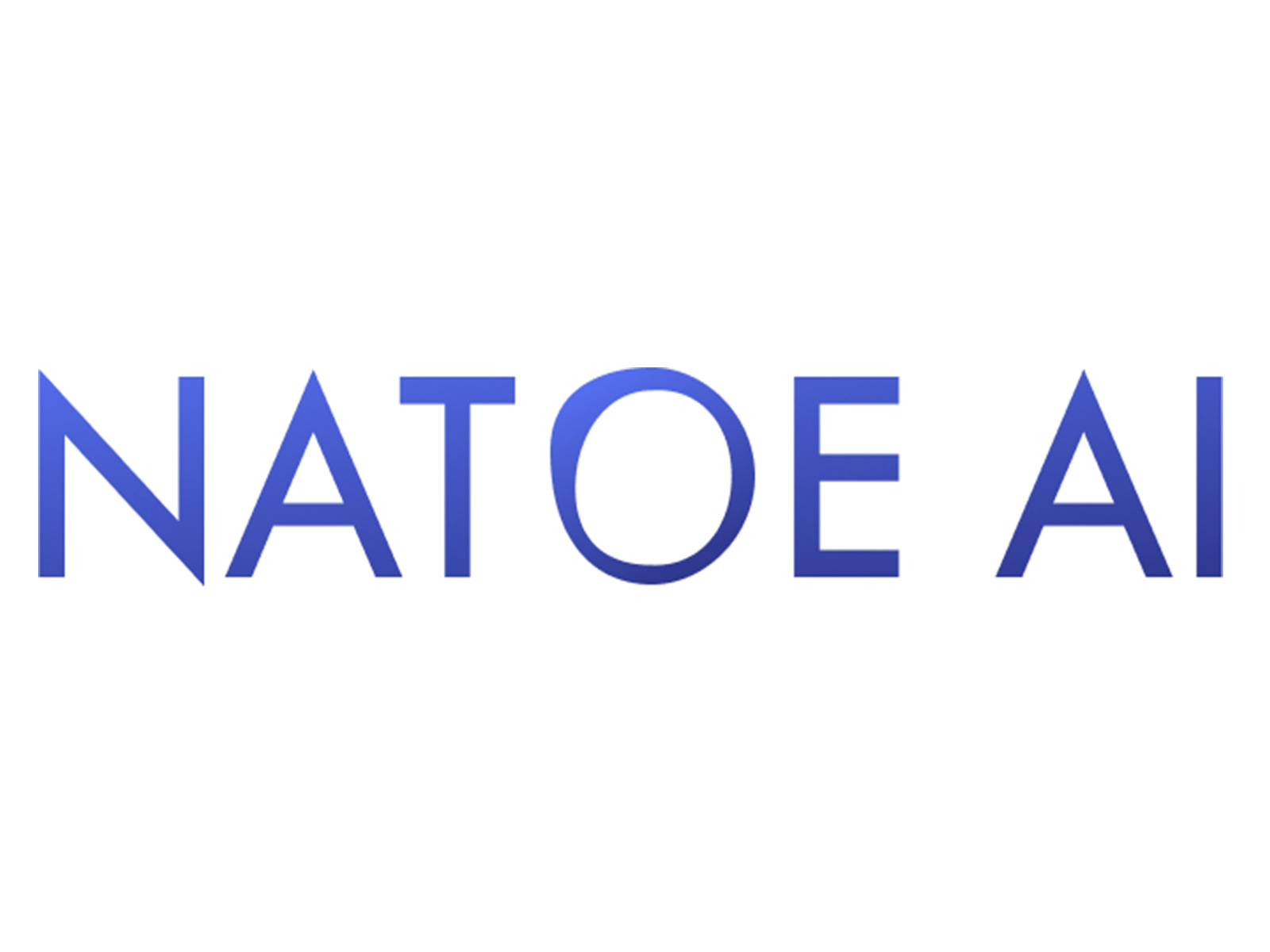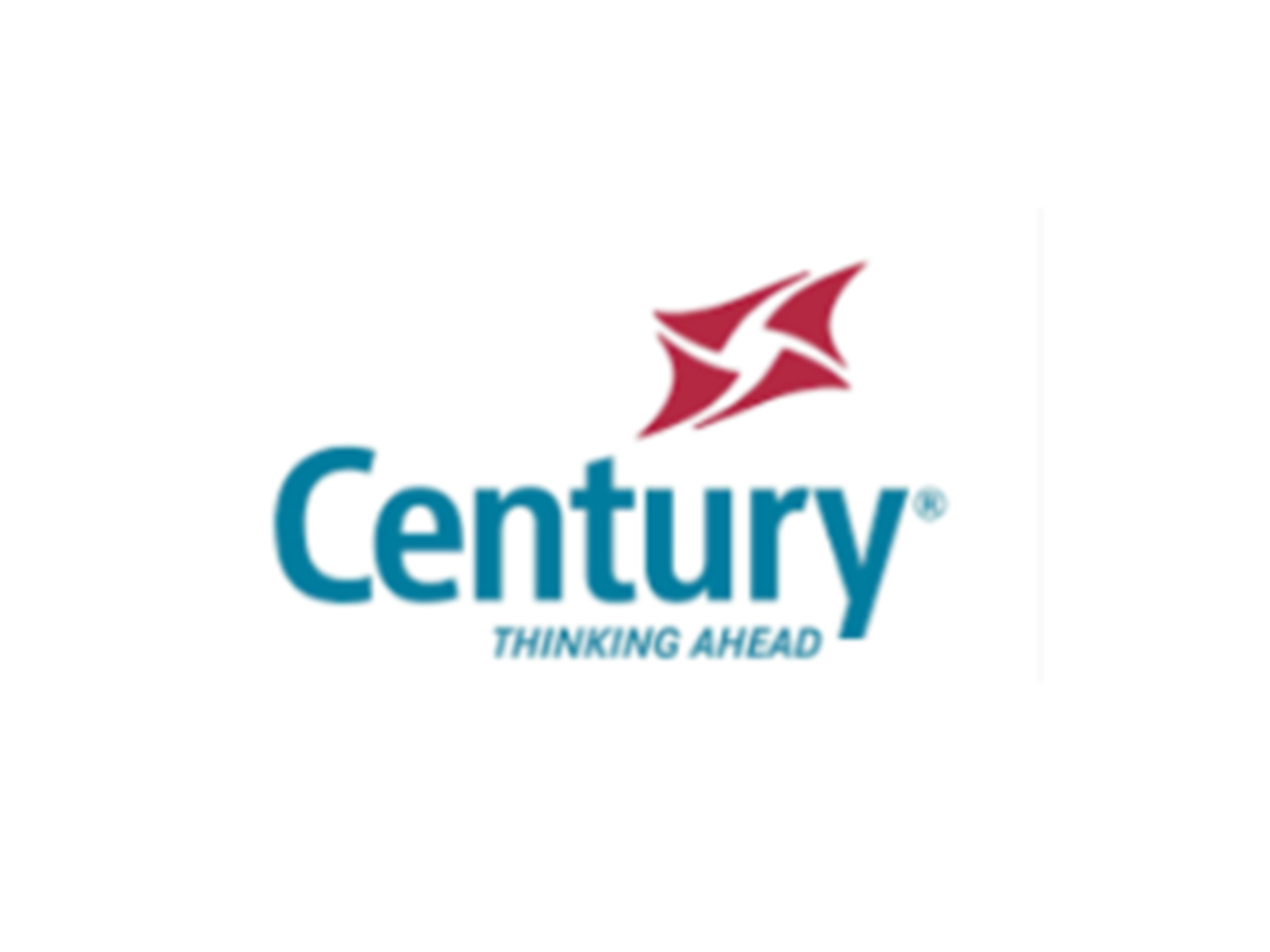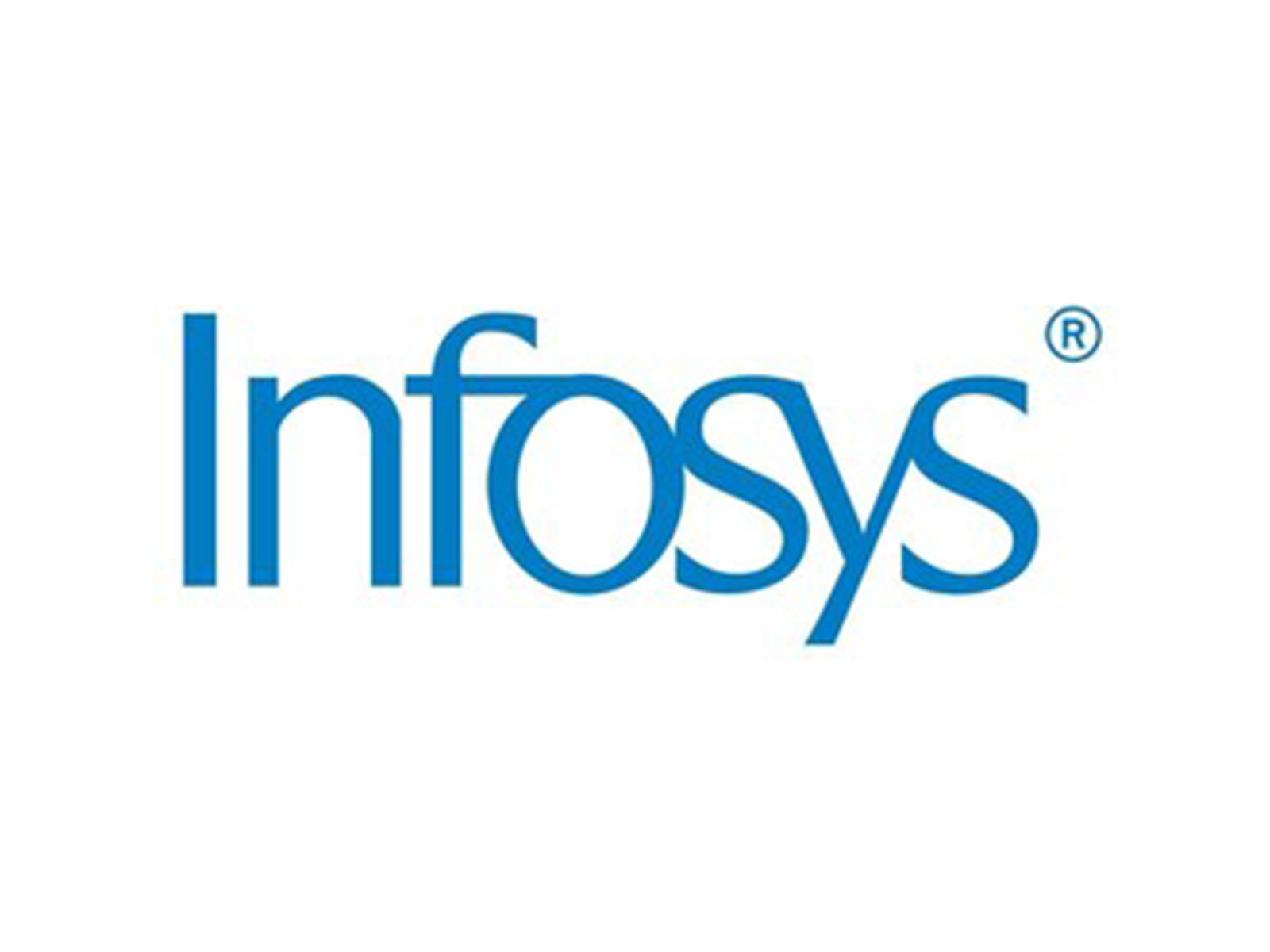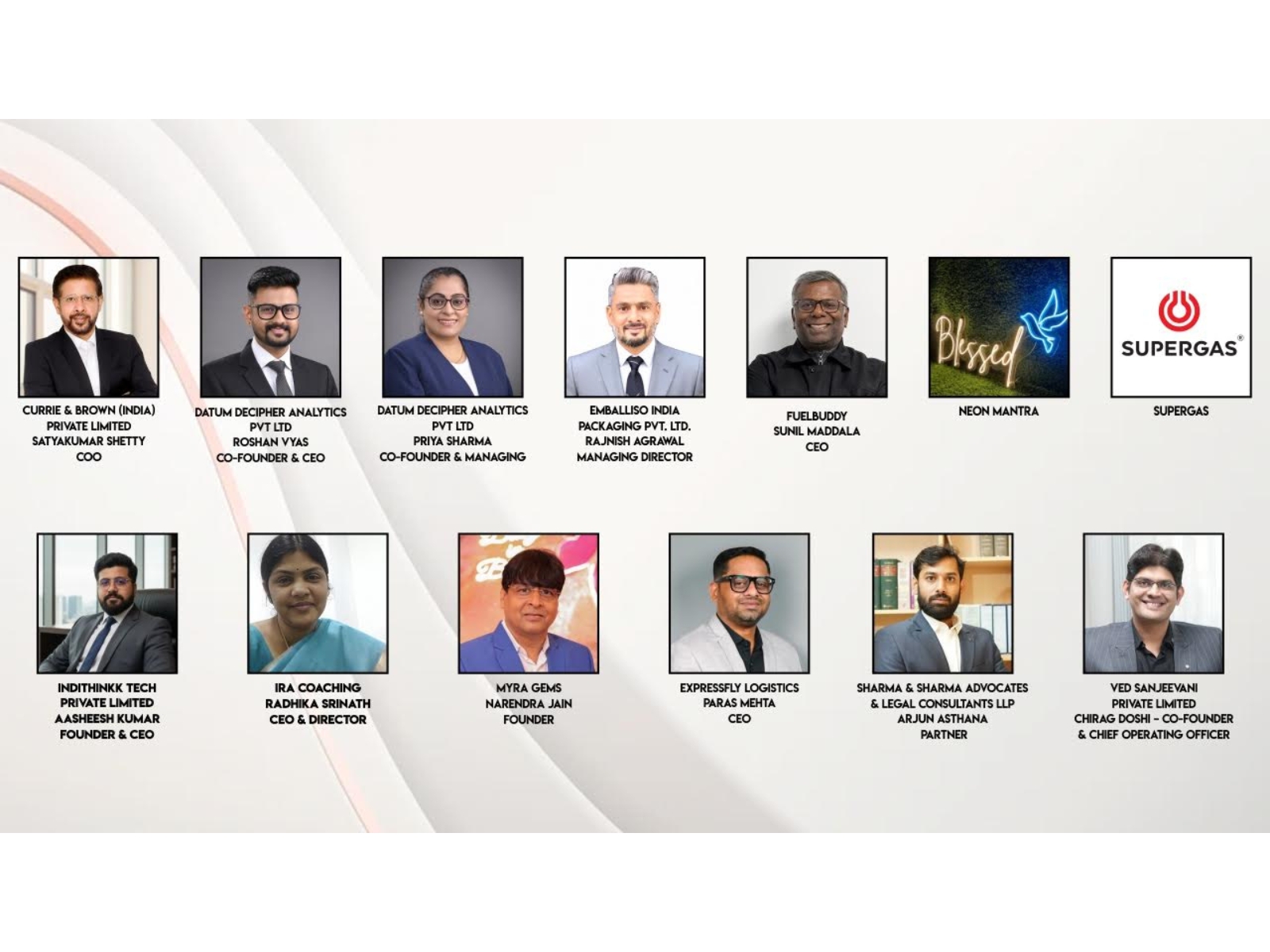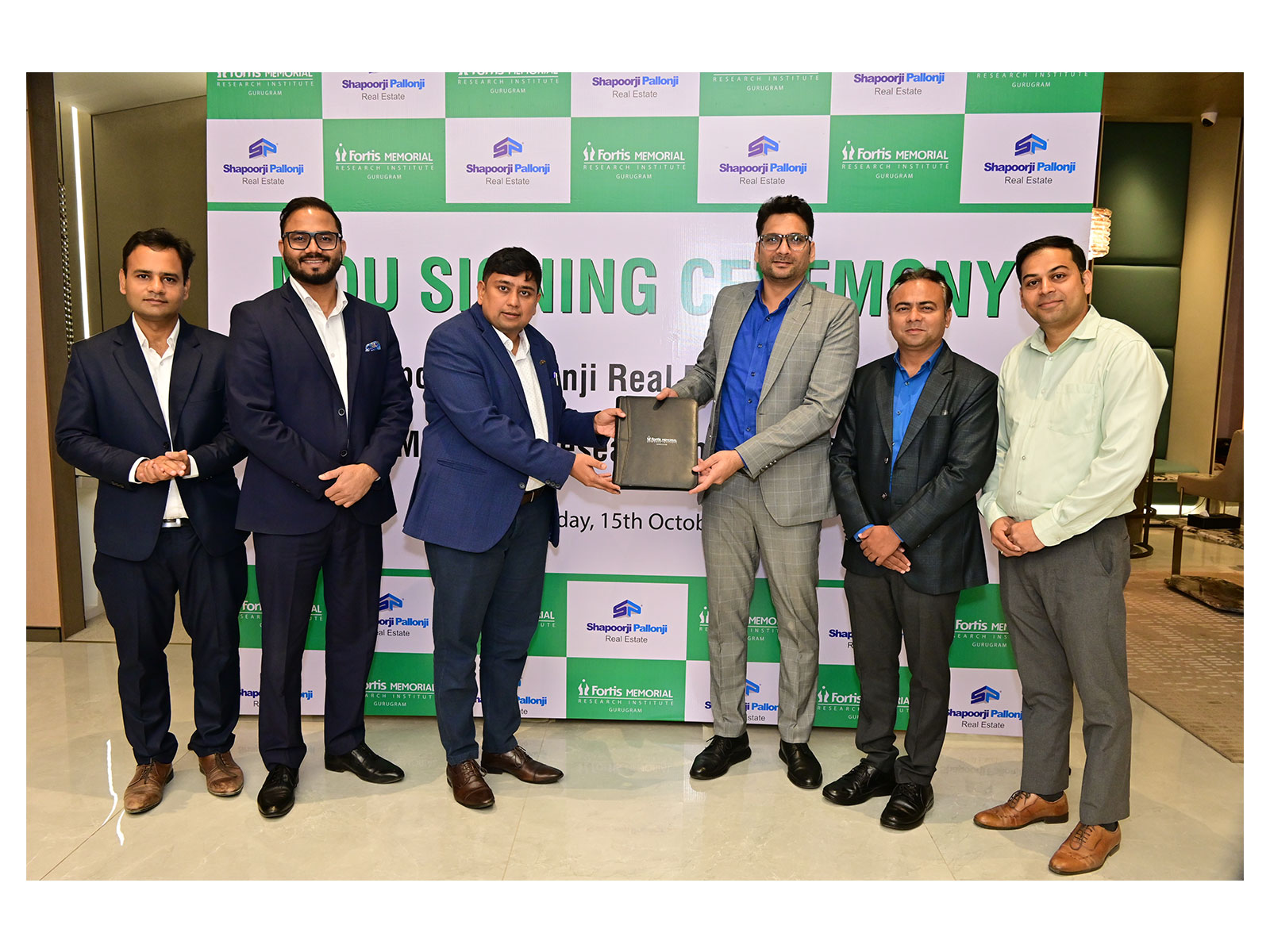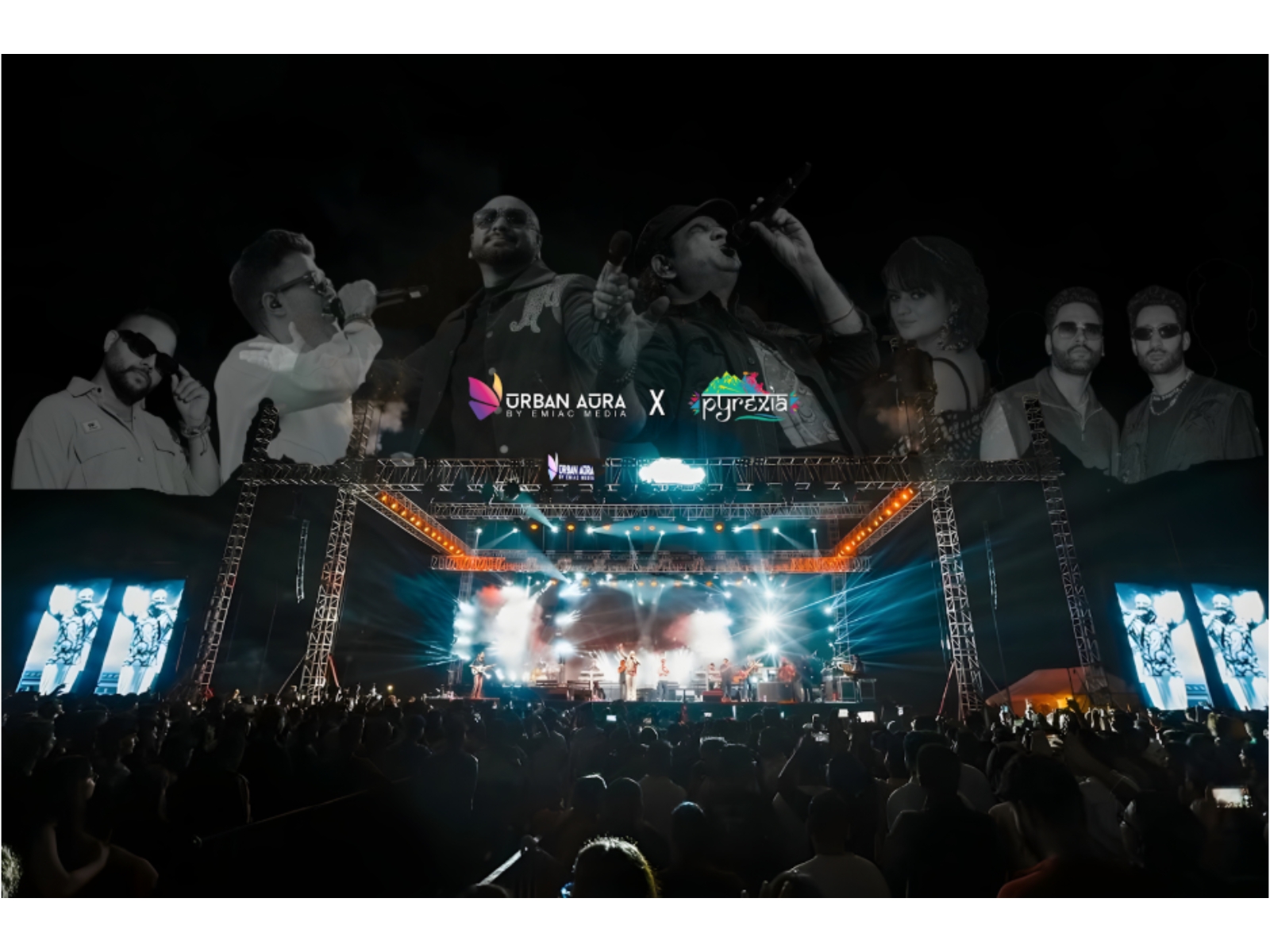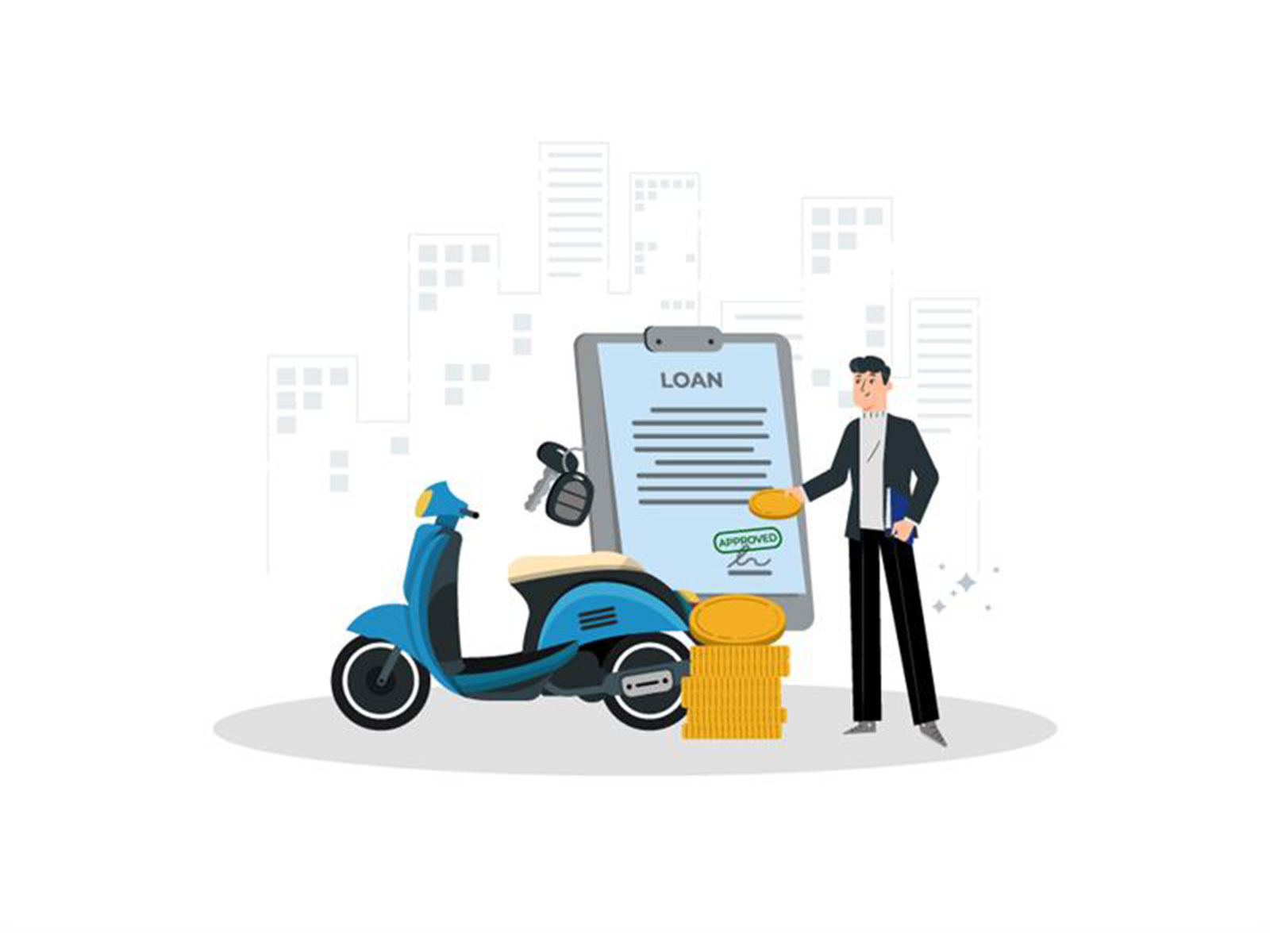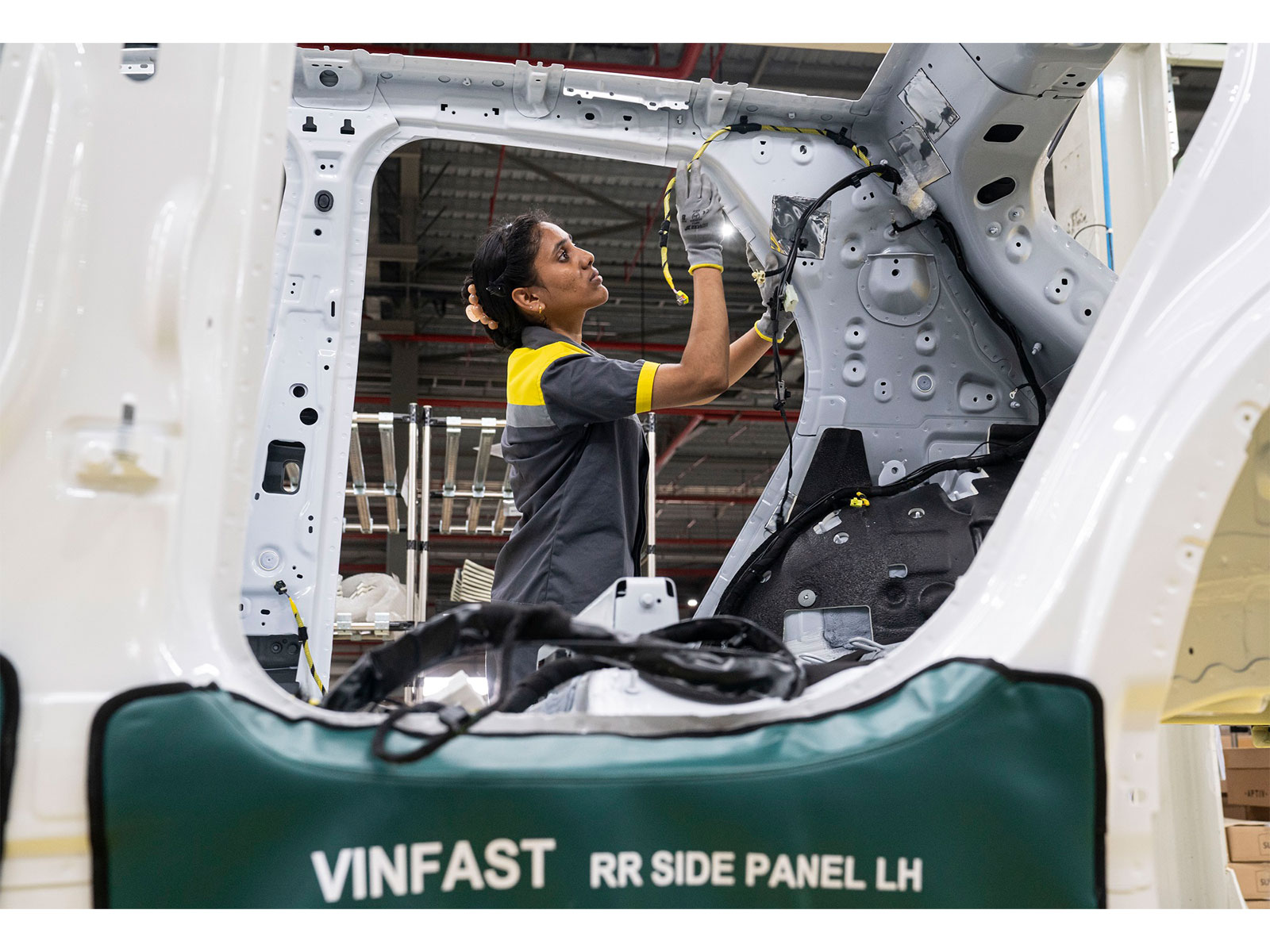
A Conglomerate's Strategy to Keep Vietnam's Growth in Its Own Hands
Oct 16, 2025
NewsVoir
Gurugram (Haryana) [India], October 16: When Vingroup, the largest private conglomerate in Vietnam, launched VinMetal in September 2025, it made clear that this was about more than steel. The company is investing about 380 million dollars to produce construction steel and high-strength alloys. Its first customers will be within the group itself, supplying projects for Vinhomes and VinFast. Over time, VinMetal will also target major infrastructure works and exports. "VinMetal is not just a steel plant," said Nguyen Viet Quang, Vingroup's vice Chairman and CEO. "It represents a strategic preparation for a modern, green, and sustainable infrastructure future for Vietnam."
The move fits neatly into Vingroup's five-pillar model: Industrials & Technology with VinFast and VinMetal; Real Estate & Services with Vinhomes and Vinpearl; Infrastructure through VinSpeed; Energy via VinEnergo; and Social Enterprises with Vinmec, Vinschool, and VinUni. Together they create a self-reinforcing system. When one grows, the others benefit.
This approach has turned Vingroup from a real estate developer into Vietnam's largest private conglomerate. By mid-2025, its total assets had reached about 39 billion dollars with 5 billion in revenue in the first half of the year. Six of its flagship brands (Vinhomes, VinFast, Vinpearl, Vincom Retail, Vinschool, and Vinmec) now ranked among Vietnam's 100 most valuable companies.
The roots of this ecosystem thinking go back to founder Pham Nhat Vuong. In the early 1990s, he started Technocom in Ukraine, producing instant noodles under the brand Mivina. Within a decade, the company dominated the market, and Vuong sold it with both wealth and experience. When he returned to Vietnam, he focused on building businesses that could transform his homeland. That idea grew into Vingroup, a group that now shapes everything from housing to hospitals. Its guiding belief has stayed simple: build systems that make life better for everyone.
Vuong's strategy relies on control of the entire value chain. From steel and energy to education and healthcare, Vingroup keeps production, innovation, and social investment linked. VinMetal secures domestic materials. VinEnergo builds renewable power sources. VinSpeed develops logistics networks. Vinschool, VinUni, and Vinmec prepare skilled workers and improve public health. The cycle keeps value creation within Vietnam while preparing the country for global competition.
VinFast is the clearest example of how this strategy works. Its electric vehicle plant in Hai Phong went from empty land to full-scale production in just 21 months. Around the factory, a network of supporting companies grew quickly. V-Green builds charging stations, already more than 150,000 across Vietnam. Xanh SM runs electric taxis powered by that grid, turning clean transport into an everyday experience.
Inside Vingroup's developments, residents can buy VinFast cars at a discounted rate, park them conveniently, and charge them for free. Engineers at the group's tech labs developed ViVi, a Vietnamese voice assistant now found in VinFast cars. VinEnergo provides clean energy for the factories. VinMetal will soon supply the steel for the next generation of vehicles. VinRobotics designs automation systems for production. Each company contributes a piece of the puzzle.
In 2024, VinFast sold over 67,000 electric vehicles, making Vietnam one of the few markets where EVs outsold petrol cars. In the first three quarters of 2025 alone, VinFast sold more than 100,000 vehicles, a first in Vietnam's automotive history. It remained the country's best-selling brand for nearly a year. That scale and speed capture how Vingroup approaches industries it considers vital.
Recognition has followed. In 2025, TIME magazine named Vingroup one of the World's Best Companies, the first Vietnamese firm to appear on the list. The honor reflected not only business results but also employee satisfaction and long-term vision.
At home, Vingroup continues to balance profit with purpose. Its Kind Heart Foundation funds healthcare, education, and disaster relief. When Typhoon Bualoi struck Vietnam in 2025, the group helped rebuild homes and support families. In 2024, Vingroup paid over 56 trillion VND in taxes, making it one of the country's largest private contributors.
Now Vingroup wants to show that its model can work beyond Vietnam. Through VinFast, it is expanding into the Philippines, Indonesia, and India. Each market follows the same playbook: build the infrastructure first, then scale production and services. In India, VinFast is stepping into a market eager for EVs but still lacking a dependable charging network. Its plan includes an assembly plant in Tamil Nadu and charging capabilities developed with local and strategic partners, including V-Green and RoadGrid, to create a complete ecosystem.
For Indian readers, this story offers a glimpse of how an integrated industrial model can speed up growth in developing economies. Vingroup began by making noodles in Ukraine. Today it is shaping industries from steel to clean energy. Its expansion into India is more than business. It is an experiment in how countries like Vietnam and India can rise by building from within, one strong link at a time
(ADVERTORIAL DISCLAIMER: The above press release has been provided by NewsVoir. ANI will not be responsible in any way for the content of the same)
